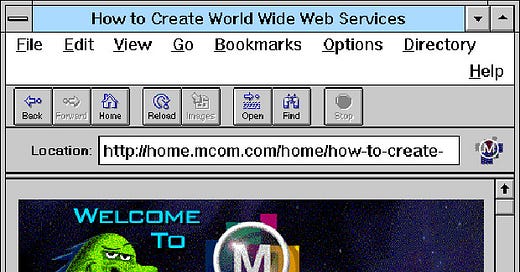I wrote a book. The publication date is May 29, 2024 (if you’d rather not deal with Amazon, your bookstore can also order it from the distributor Ingram Spark, or print-on-demand if they have the equipment). You can read it for free here, although it’ll be in serial form. My fond hope is that you’ll find it so compelling that you just buy the book inste…
© 2025 Albert Cory
Substack is the home for great culture



